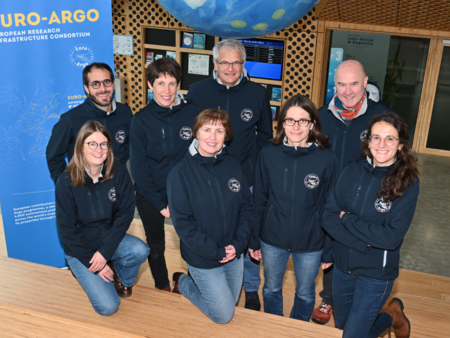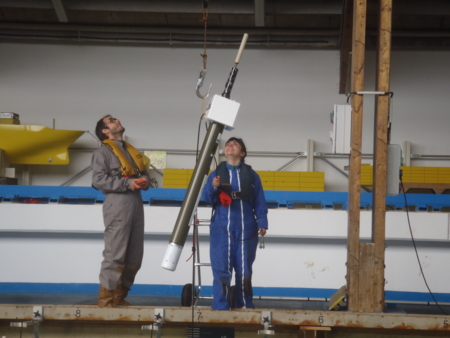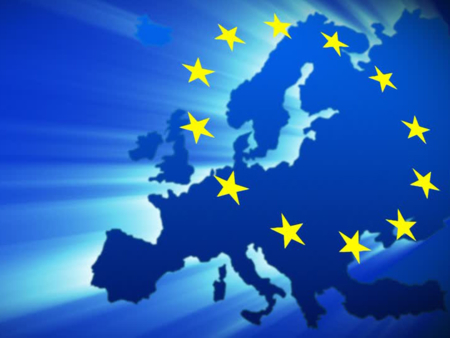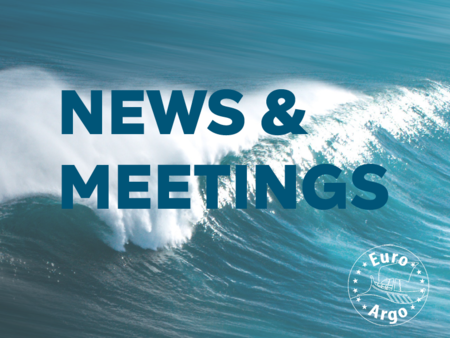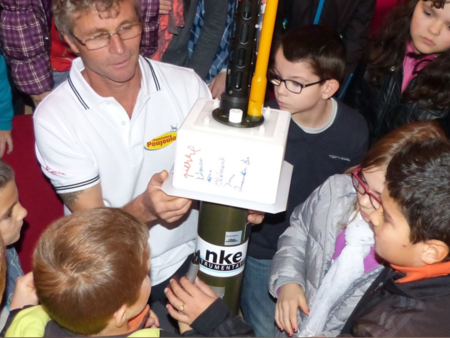Euro-Argo contribution
Project objectives
The ocean is a major component of the global carbon cycle absorbing about a quarter of anthropogenic CO2 emissions every year, modulating the rate of accumulation of carbon in the atmosphere and hence global warming. Increased levels of CO2 in the ocean cause a decline in seawater pH, also known as ocean acidification, with now well-known potential ecological consequences. Sustained, long-term in situ observations are, therefore, crucial to better understand and predict the impact of climate change on ocean ecosystems, increase resilience and develop sound mitigation and adaptation strategies. Furthermore, long-term sustained in situ ocean observations are required to support environmental and climate policies, such as the European Green Deal, and related policies aiming to reach net zero carbon and achieve a sustainable blue economy.
The marine part of the European research infrastructures (RIs) in the environmental domain (ENVRI) have successfully implemented a world-leading system of standardised Ocean observations over the past 15 years building on more of a century of experiences by the involved marine institutes. This community has joined forces in the GEORGE project to take them to the next level of technology: systematic long-term autonomous observations.
To meet this challenge, GEORGE will advance the global technological competitiveness of European ocean observing research infrastructures (EMSO, ICOS, Euro-Argo) through the development and demonstration of a state-of-the-art biogeochemical, multi-platform observing system from sensor to data repositories, for characterisation of the ocean carbon system.

